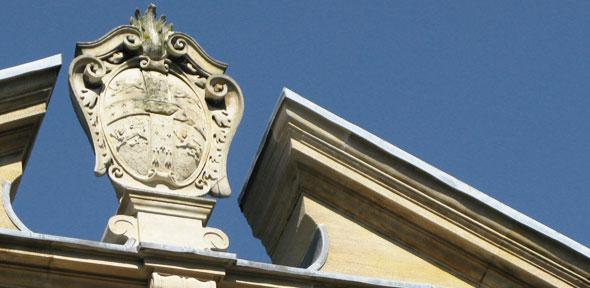
The largest university department of its kind in the UK, the Department of History and Philosophy of Science has an outstanding international reputation for teaching and research.
The Department is based in the centre of Cambridge, in the old physical chemistry laboratory on Free School Lane. At its heart is the Whipple Museum, a world-class collection of scientific instruments and models. As well as being open to the public, it is regularly used by the Department's staff and students for teaching and research. The museum is named after Robert Whipple, who presented his unique collection of scientific instruments to the University in 1944.
Next to the museum is the Department's library, the Whipple Library, which was founded on Robert Whipple's collection of rare scientific books. The library has extensive holdings in all areas of the history, philosophy and sociology of science, technology and medicine, making it the largest library in the UK specialising in this field.
There are 15 established University Teaching Officers in the Department, including five Professors and two Readers. Around 100–140 undergraduate students are taught by the Department as part of the Natural Sciences Tripos. The Department offers an MPhil in History and Philosophy of Science and Medicine, with approximately 25 students per year. PhD students at any one time total approximately 45. There are also a number of Research Fellows and Visiting Scholars attached to the Department.
The pass rate in all courses approaches 100%, and approximately 80% of successful doctoral students take posts in the field of HPS.
Research seminars are central to the Department's research culture. At the weekly departmental seminar, papers are given by invited speakers from across the field of history and philosophy of science and medicine. In addition, there are regular specialist seminars, reading groups and workshops on a variety of subjects.
